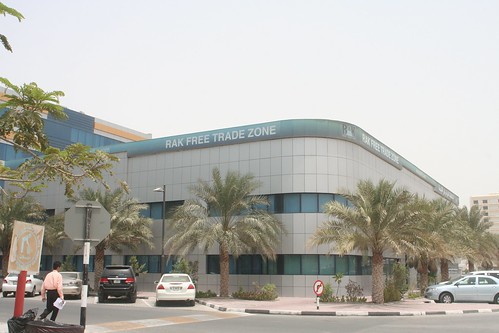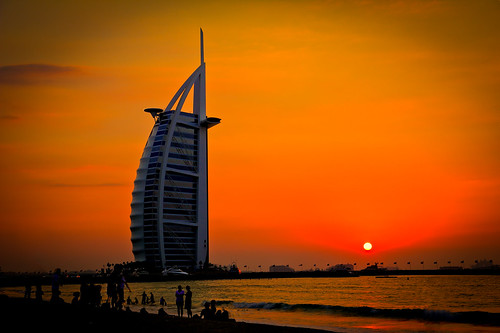In spite of the plunge of oil prices,
instability in China, Russia and across Europe as well as decreased
international demand for commodities, Dubai remained resilient in 2015.
Based on Dubai Chamber of Commerce and
Industry, Dubai remained resilient due to its diversified economy. Dubai’s
diversified economy minimised the degree of impact of the negative effects
international slowdowns inflicted on various sectors of the economy.
During the previous year more than 1300 new
members were initiated each month by the Dubai Chamber of Commerce and
Industry. Dubai encouraged international investors with more than 16 thousand
companies becoming members of Dubai Chamber of Commerce and Industry last year.
In all, 185 thousand companies have joined the membership of the Dubai Chamber.
Dubai Chamber of Commerce and Industry marked a
9.5% increase in membership, establishing the organisation as one of the
largest-sized chambers of commerce throughout the world.
The member companies of Chamber of Commerce and
Industry contribution is shown in their yearly export and re-exports numbers.
In 2015 the total amount of exports and re-exports amounted to Dh286 billion of
which 37% (Dh105.7 billion) were shipped to Saudi Arabia.
Dubai Chamber of Commerce and Industry also
recorded a 5% increase in amount of Certificates of Origin issued in 2015 that
amounted to 930,000, in contrast to 887,000 Certificates of Origin issued in
2014.
In general the United Arab Emirates (UAE) has
successfully moved past its dependency on oil by diversifying its economy. The
UAE has focused on strengthening other sectors such as tourism, hospitality,
logistics and trade. The UAE has also focused on new innovative sectors, which
will be the foundation of the country’s future progress and growth.
During 2016, Dubai Chamber of Commerce and
Industry intends to continue supporting the state’s vision and enhance as well
as explore the business community’s interests. The Chamber of Commerce and
Industry explores and evaluates new markets and identifies business
opportunities for investment and trade. The organisation will also continue
with its Global Business Forum on Central Asia as well as Africa.
Dubai Chamber is committed in enhancing the
development of business as well as establishing the UAE as an international
business centre. Therefore, the organisation has launched initiatives to
promote Dubai’s business competitiveness such as the Dubai Innovation Index,
which is in accordance to the Dubai Plan 2021. The Dubai Plan 2021 aims to
establish the emirate as a top business and investment destination.
The Chamber of Commerce and Industry also
recorded an impressive 41.6% increase in issuance of ATA Carnets.
Furthermore, during 2015 took part in 66 events
in 38 different cities across 30 countries, while receiving more than 670
delegations from almost 70 countries.
Trade Dispute Settlements
In
2015 the Dubai International Arbitration Centre handled a total number of 183
cases in contrast to 174 cases the organisation handled in 2014. The department
of Dubai Chamber’s Legal Services handled 555 cases in all in 2015.
Evaluating Draft Laws & Legislations
Dubai Chamber reviewed and
evaluated 42 local laws and drafts. In all, the Dubai Chamber review of laws
rate increased by 100%. All recommendations were passed on to the emirate’s
Supreme Legislation Committee and other related authorities.
Efficient Customer Service














